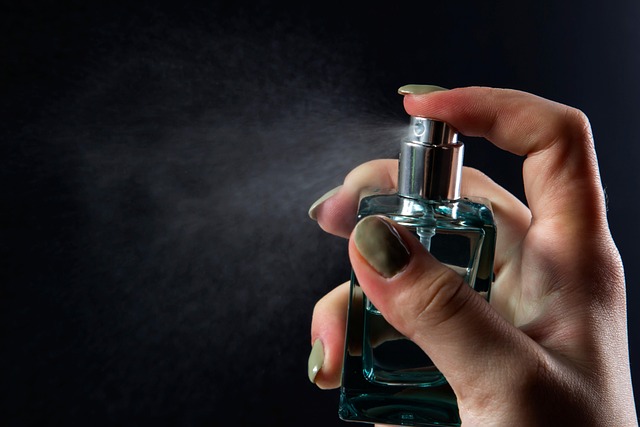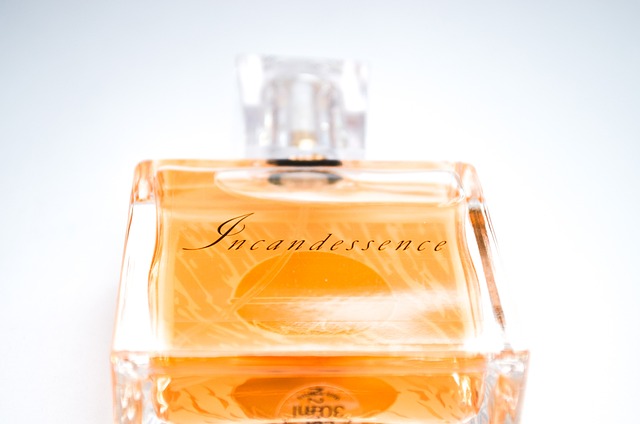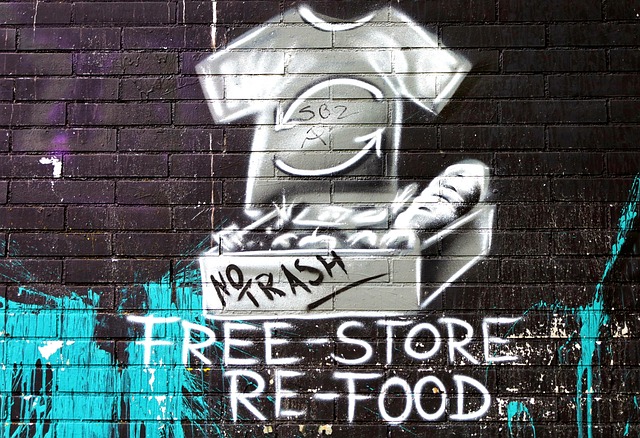This text differentiates "cruelty-free" and "vegan" certifications in beauty products, emphasizing that while both exclude animal testing, "vegan" also bars all animal-derived ingredients. It highlights Issey Miyake Perfume's commitment to ethical sourcing and production, aligning with these standards despite lacking explicit certifications. The article underscores the importance of ingredient transparency and third-party verification for informed consumer choices in the fragrance industry.
“Unraveling the concepts of cruelty-free and vegan certifications is essential for informed consumer choices, especially within the fragrance industry. This article explores these topics, focusing on the renowned brand Issey Miyake Perfume. We delve into the intricate processes behind their creations, examining ingredient sources and production methods to ensure they meet stringent cruelty-free and vegan standards. By understanding these certifications, consumers can make ethical decisions while enjoying exquisite fragrances like those offered by Issey Miyake.”
- Understanding Cruelty-Free and Vegan Certifications
- Issey Miyake Perfume: Ingredients and Production Processes
- Deconstructing 'Vegan' Claims in Fragrance Industry
Understanding Cruelty-Free and Vegan Certifications

When it comes to understanding the terms “cruelty-free” and “vegan,” it’s essential to know what these certifications truly mean. Both labels indicate products developed without harmful testing on animals, but they differ in their scope. Cruelty-free ensures that no animal tests have been conducted for any part of the product’s development or packaging. This includes ingredients, fragrances, and even the materials used to create the item. On the other hand, vegan goes a step further, guaranteeing that no animal products or by-products are included in the formulation or manufacturing process.
For example, Issey Miyake Perfume can claim to be cruelty-free if it has not been tested on animals and does not contain any animal-derived ingredients. Similarly, an Issey Miyake Cologne must adhere to vegan standards, excluding not only animal testing but also ensuring its fragrance notes and base materials do not originate from animals. These certifications are crucial for consumers who wish to support ethical practices in the beauty industry, allowing them to make informed choices that align with their values.
Issey Miyake Perfume: Ingredients and Production Processes
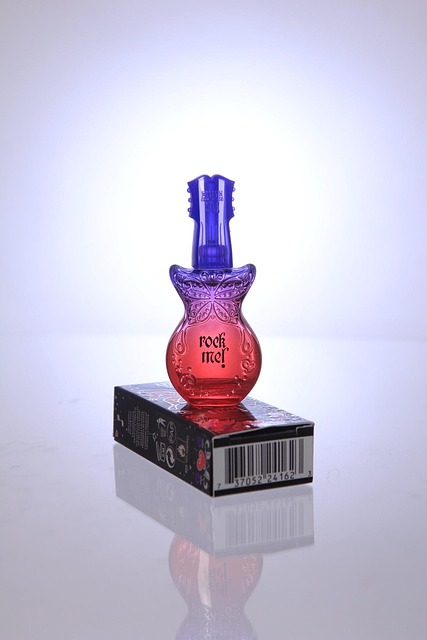
Issey Miyake Perfume, renowned for its unique scents and innovative design philosophy, has gained a dedicated following worldwide. When it comes to their product range, one question that often arises is whether Issey Miyake offers cruelty-free and vegan options, especially considering the demanding standards of these niches. Let’s take a closer look at their processes.
The brand sources its ingredients ethically, ensuring transparency in their supply chain. While they don’t explicitly state all products are certified vegan or cruelty-free, many of their fragrances do not include animal-derived components. Issey Miyake colognes and perfumes are typically produced without the use of animal testing, meeting a key requirement for both cruelty-free and vegan certifications. The focus on creating sustainable and harmonious scents showcases their commitment to ethical practices, appealing to consumers who prioritize these values.
Deconstructing 'Vegan' Claims in Fragrance Industry
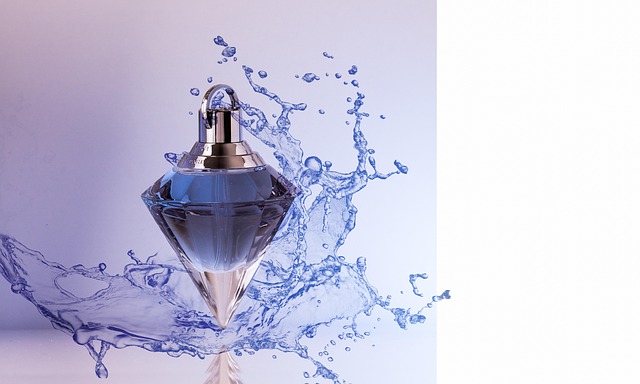
In the fragrance industry, deconstructing ‘vegan’ claims is a critical aspect of understanding product authenticity. Many brands market their perfumes and colognes as vegan, but what does this truly mean? At its core, veganism excludes all forms of animal exploitation, including ingredients derived from animals. However, some fragrances may claim to be vegan while still using animal-based notes or relying on animal testing for safety assessments. This blurs the line for consumers looking for cruelty-free options.
When examining claims like those made by Issey Miyake Perfume (or its cologne counterpart, Issey Miyake Cologne), it’s essential to look beyond marketing jargon. Ingredients like musk, ambergris, and certain resins can be sourced from animals, complicating the vegan certification process. Brands must transparently list their ingredients and provide third-party certifications to truly ensure their products meet vegan standards. This transparency allows consumers to make informed choices, supporting brands that align with their ethical values while avoiding those that might inadvertently include animal-derived components in their formulas.
